“Every immigrant has a fragmented identity within themselves”
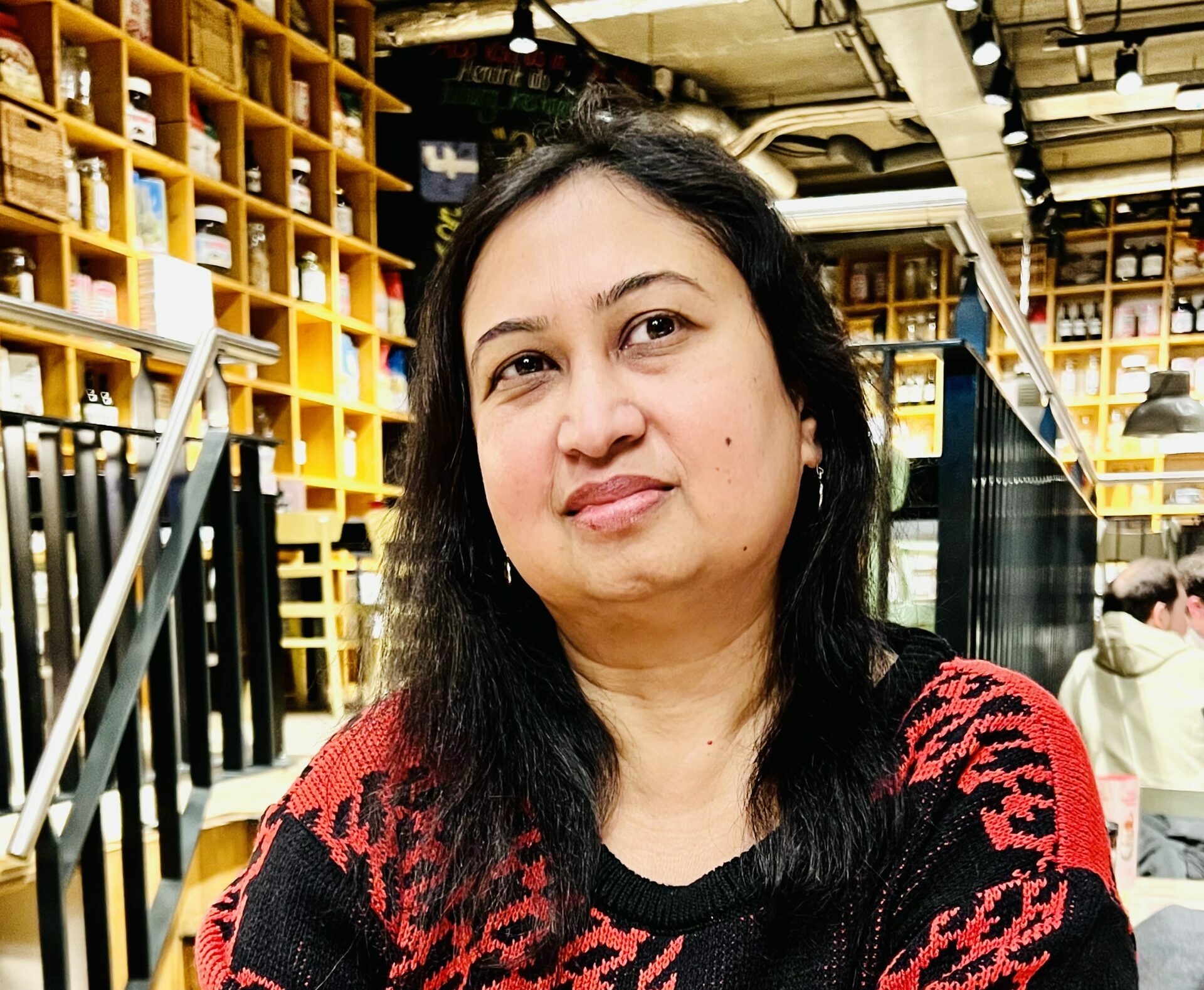
Chaitali Sengupta is originally from India, but the Netherlands has been her home for over 24 years. She works as a language teacher, translator, and author and her latest book, The Crossings: poems on war, migration and survival, was released in October.
How did you end up in the Netherlands?
My husband landed a job at a Dutch company. I followed him here, so moving to the Netherlands wasn’t really my own choice to be honest, but I’ve ended up loving this country. I like its openness, direct communication style, love for innovation and flowers, individualism, and punctuality with a capital P. His first job assignment was only for two years, but now we’ve been here for over 24 years. We came straight to Eindhoven and it’s been our home ever since.
How do you describe yourself – an expat, lovepat, immigrant, international?
I’m not into labelling people, but I’m proud of my roots and where I come from. I have a Dutch passport. That makes me Dutch, technically, but I still think of myself as an immigrant who has made the Netherlands her permanent home. That’s how I would like to describe myself. Since I also work with a lot of internationals and immigrants, it’s very heartening to see how these energetic, hard-working, and diverse individuals are altering the face of this country.
When I say this, I mean how they’re actively shaping the society. They have become part of it and they’re showcasing their unique cultures and values. These cultural exchanges enrich Dutch society. Eindhoven is thriving with immigrants and internationals. If you walk on the streets here these days, you will hear so many languages being spoken. These are all people who are coming from different parts of the world and bringing with them a slice of their own cultures. That’s very interesting, especially from the perspective of an immigrant like myself who has settled here.
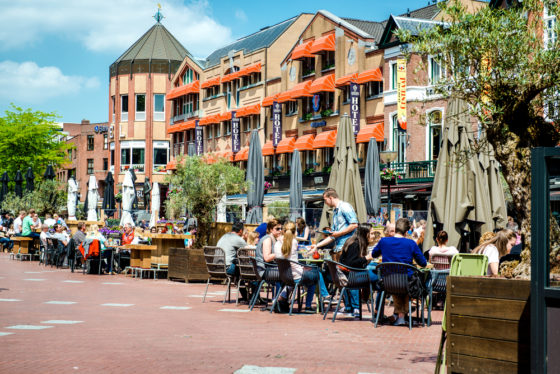
How long do you plan to stay?
I feel settled and I’m integrated here, but the urge to return to my homeland, to my culture and my roots, is strongly embedded in me. In India, we have two words. One is Janmabhoomi. That means ‘one’s motherland.’ And the other is Karmabhoomi. That’s the country where one works. I think of the Netherlands as my land of action. That’s how I see it. It’s where I work.
I also work here and I contribute to the society in my own little ways. I’ve learned the language and I speak it well. I’m doing my little bit in the community and neighbourhood where I live. I’m also involved with social work and causes. Nevertheless, there is a small corner in my heart that says India is still my home. One day, I would definitely like to go back there.
If we go deeper into this question, it reveals a fractured identity. As a diaspora poet and author, I talk a lot about this in my work and writing. For every immigrant, there’s this question of having a fragmented identity within themselves and it’s always there. I also feel I have that.
Do you speak Dutch and how did you learn?
That was a long time back. I’ve always been interested in learning languages, though. I earned my master’s degree in English Literature in India. When I came to Eindhoven 24 years ago, there was only one language school. If you wanted to learn Dutch, you had to go there and enrol yourself. I only knew one Dutch sentence at the time and it was ‘Ik ben Chaitali’.
It was really a tough journey for me. I took an intensive Dutch course, NT2 for over two years. In the initial days, it took a while to even understand what the teacher was saying but, after those two years, I qualified for the state level exams.
It’s not an easy language to learn. I pursued other courses to polish up my speaking and writing at other institutes because the job I was doing at the time required me to have a good command of both written and spoken Dutch.
So I did that and I now have my own online language school called On Point Communications where I teach knowledge migrants and help them work toward earning their integration diplomas. So far, I’ve helped 102 students take their exams successfully. Some of them have even applied for Dutch citizenship. I’m very proud of their achievements.
What’s your favourite Dutch thing?
It would be the first Dutch sentence that I heard when I went to school and that was ‘Kijk naar je agenda’. In India, we’re more spontaneous, which has its own merits and fun. Initially, it felt very stifling to schedule everything in my day, in my week, and in my month. Now I appreciate living this way, especially with my professional life. It makes things organised and easy. The Dutch have a love for their agendas and I have learned from that.
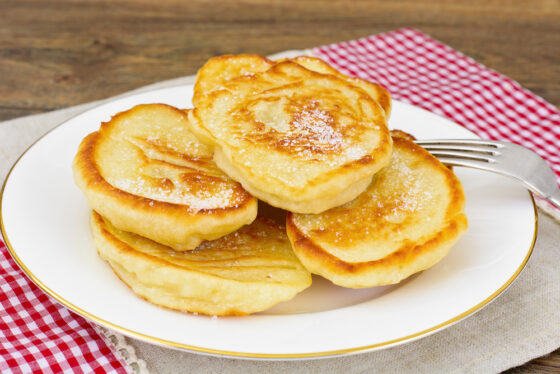
I must also say that I like pannenkoeken, the Dutch pancakes. I like them with mushrooms and Gouda cheese – heerlijk. The little ones, the poffertjes, are also great. They’re delightful for breakfast.
How Dutch have you become?
This is a difficult question to answer, but let me put it this way. I have become Dutch in the sense that I’ve learned the language, I speak the language, I’ve integrated well into the local customs, I love eating cheese, bitterballen, and pepernoten, and I’ve managed to live through lots of dark winter months with no sun. I think that’s a big deal because I come from India. It’s hard for people from India to imagine going without sun for such long periods.
I enjoy Koningsdag and I’ve bought gifts for my daughter during Sinterklaas. We also have dinner at 6 o’clock at night.
But I can’t swim and I can’t bike, so my Dutch friends are constantly joking that my integration in this country is not complete. I tried to learn how to bike twice, but I think it’s just not in me. I can’t find that balance. I fell off a couple of times, so now I have that fear. With swimming, I have a terrible phobia of water.
If you can’t do those two things, you probably are not Dutch. But as an immigrant or international, you’ll never become 100% Dutch. I have been here 24 years and I also have yet to become as direct and blunt as the average Dutch person. It would be great if I could master these traits because they are practical and useful.
Which three Dutch people (dead or alive) would you most like to meet?
Vincent van Gogh. I live very close to Nuenen, the village where Van Gogh spent many years of his life. It’s where he painted his first masterpiece, The Potato Eaters. I’ve been there several times. I would like to have met him. I’m fascinated by his life story and, of course, his paintings.
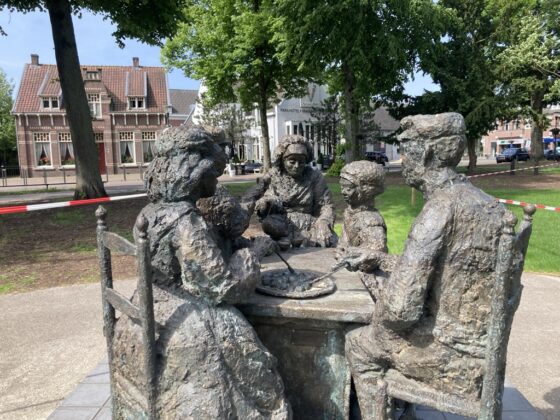
Louis Couperus. He was the greatest Dutch novelist of his generation. He is still famous internationally and is still considered one of the foremost figures in Dutch literature. Presently, I’m translating his book Over lichtende drempels into everyday English for international readers. I would very much like to met him and asked how I’m doing with this translation.
Queen Maxima. I would just like to know about her journey as an international in this country; how she did it and all the things she faced.
What’s your top tourist tip?
Here in Eindhoven, I would say they should go to the places where they can be among nature. Dutch nature is pretty underrated. I like walking through the small, picturesque villages like Oirschot and Wintelre near Eindhoven, but there are also quaint ones like Elsloo in Limburg and Winsum in Groningen. I really like visiting them during the autumn because they have stunning scenery when all the different colours of leaves come out. The landscape really turns into a fairy tale.
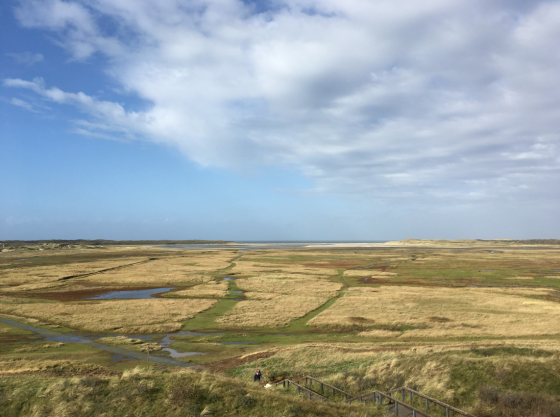
I also recommend visiting the Dutch islands. They are really beautiful. Texel is my personal favourite. Terschelling is also great, especially if you go there in the summer.
Tell us something surprising you’ve found out about the Netherlands
When I first came to the Netherlands, it was February, not the best time of the year to come here. It was windy, it was raining, and there was snow. One thing I noticed is how rapidly the weather changes in this country. You can experience sun, rain, and a bad storm all in the span of one day. I grew up in India and it took me years to get adjusted to this.
In my early days here, I was also fascinated by the beautiful, red bike lanes. That was something very new for me. Where I came from, they didn’t have anything like that. Another thing I learned is that, while this is a very small country, it has over 400 museums. That really surprised me.
If you had just 24 hours left in the Netherlands, what would you do?
First of all, I would be very sad to leave the Netherlands. As much as I might like to go back to India, like I said, there’s that fragmented identity I have. I would be sad to leave this country because it’s become a part of me.
If I only had 24 hours left, I would take one last walk through my favourite places. I would want to see the sunset from Scheveningen. It’s really beautiful. I would also visit my favourite pancake house. Those are the three things I would really want to do.
Chaitali was talking to Brandon Hartley.
The Crossings: poems on war, migration and survival is available via Amazon
Thank you for donating to DutchNews.nl.
We could not provide the Dutch News service, and keep it free of charge, without the generous support of our readers. Your donations allow us to report on issues you tell us matter, and provide you with a summary of the most important Dutch news each day.
Make a donation